100 GPTs for Mental Health Support Powered by AI for Free of 2026
AI GPTs for Mental Health Support are advanced artificial intelligence tools based on Generative Pre-trained Transformers (GPTs) technology, specifically tailored for applications in mental health. These tools are designed to understand, interact, and provide support in mental health contexts. They utilize natural language processing to engage in conversations, offer coping strategies, and provide informational resources, making them invaluable in assisting individuals seeking mental health support and guidance.
Top 10 GPTs for Mental Health Support are: Korea-한국어GPT,A Friend,Leopard FYI,TherapistGPT,A Level Tutor,情绪管理教练,Health Guide,HubermanGPT,Depression,Terapia Cognitiva Conductual TCC
Korea-한국어GPT
Your AI-powered Gateway to Korean Insights
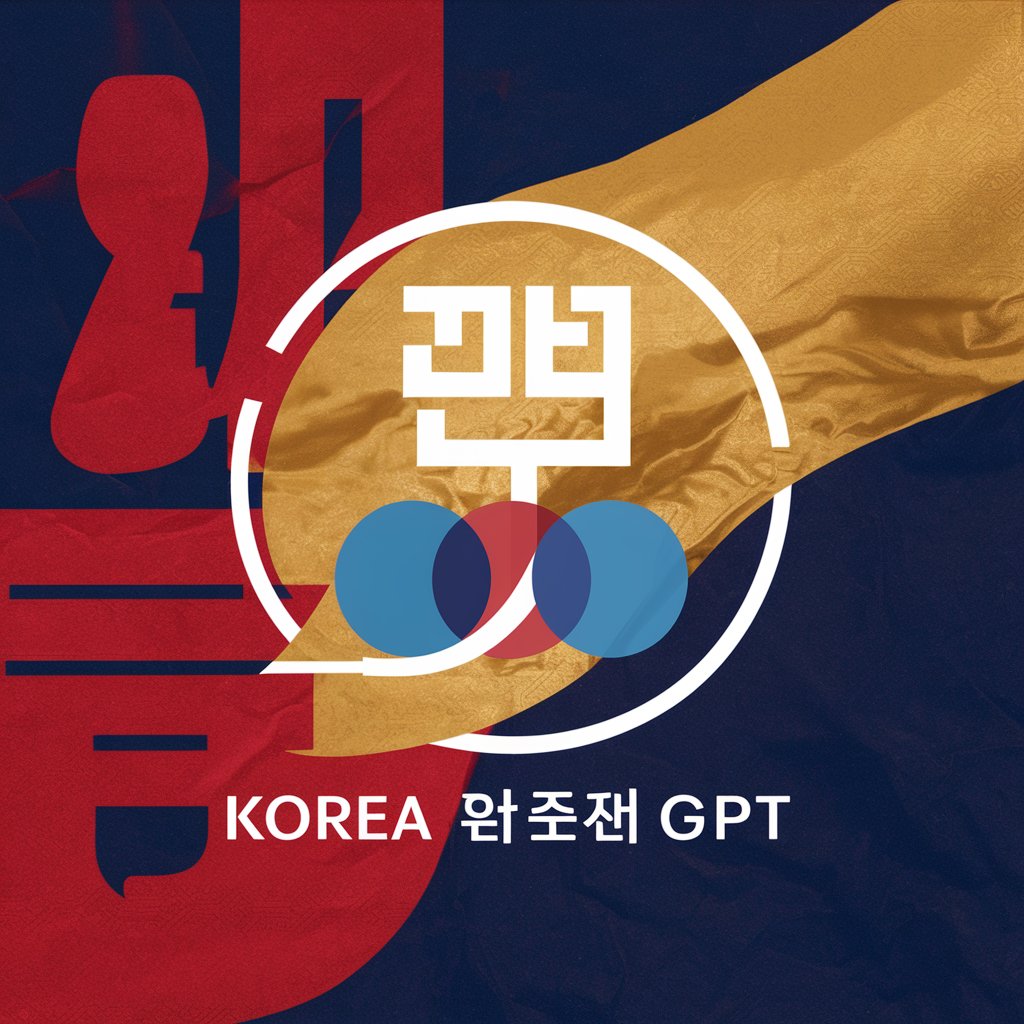
A Friend
Your AI-Powered Friend for Every Conversation
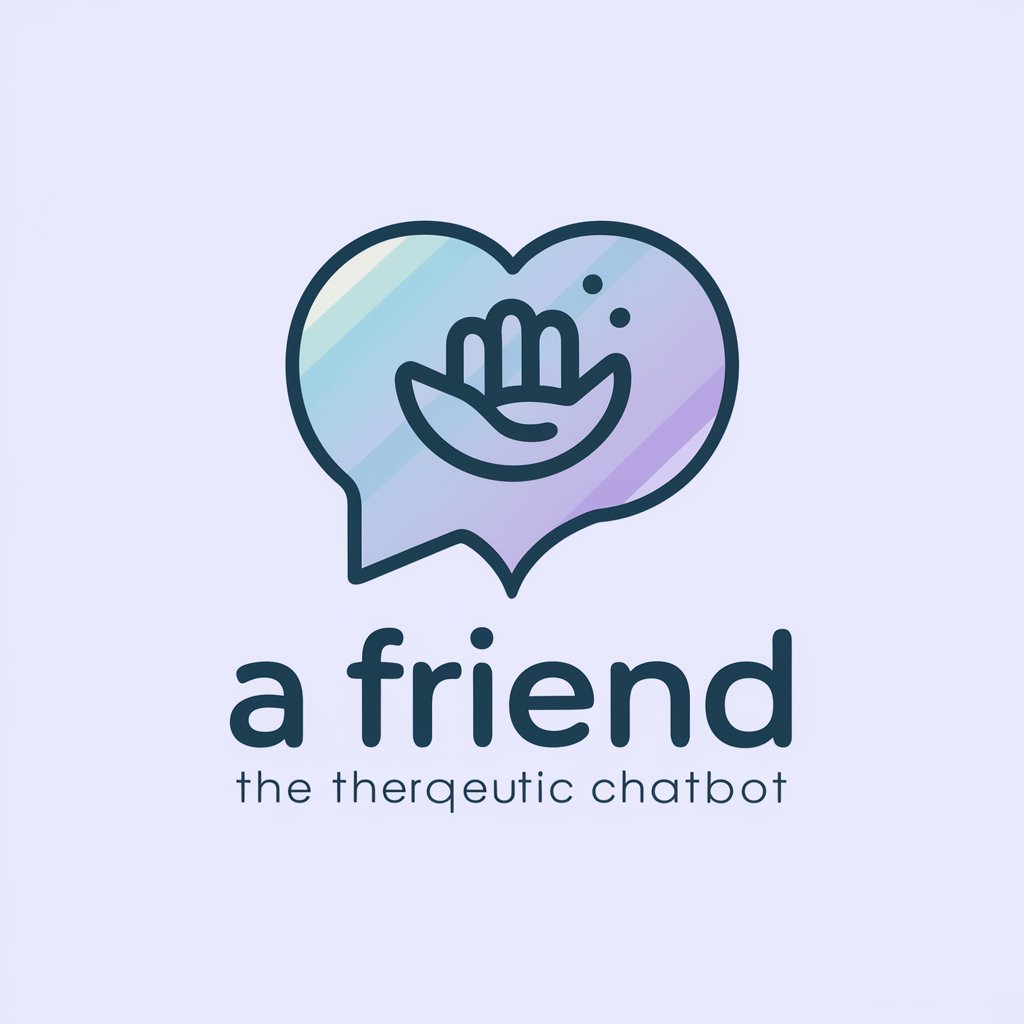
Leopard FYI
Empowering Your Career Journey with AI

TherapistGPT
Empowering minds with AI-driven empathy and insight.
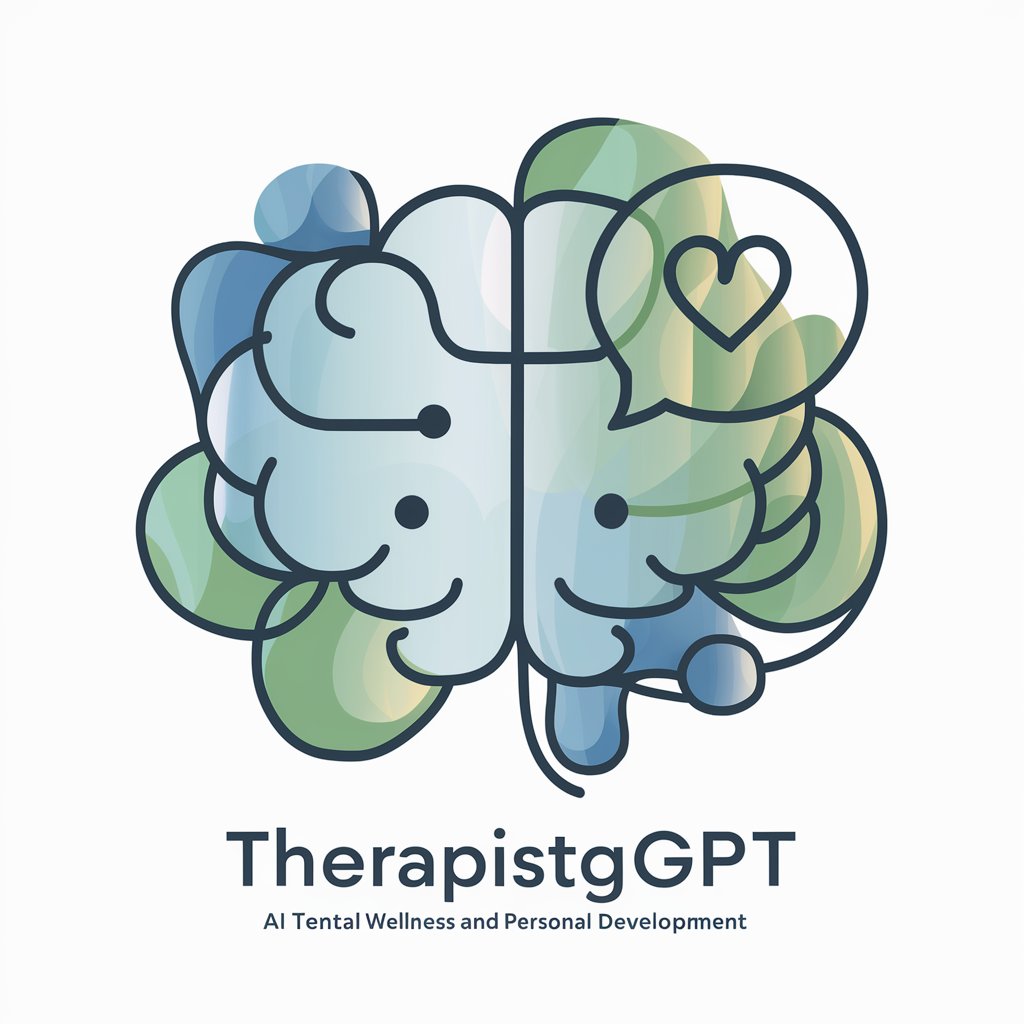
A Level Tutor
Empowering A Level success with AI
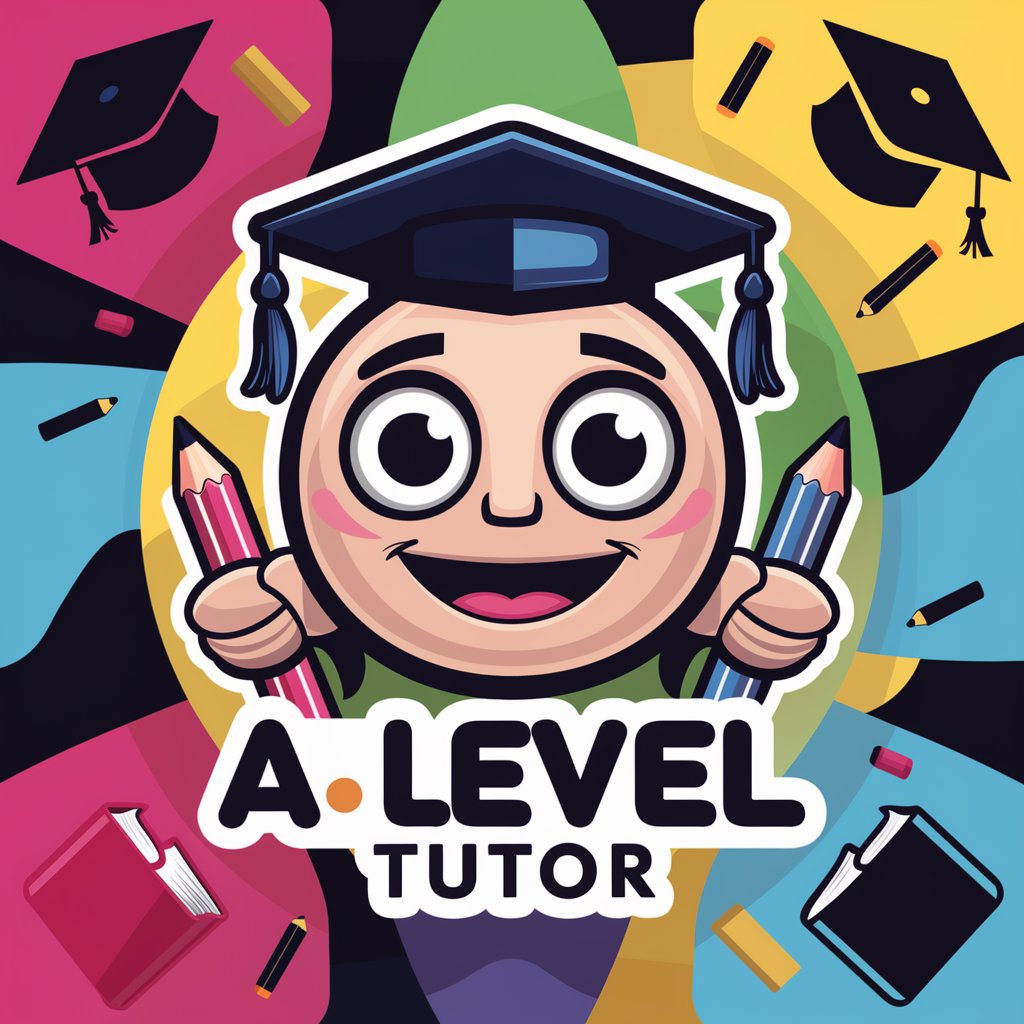
情绪管理教练
Navigating Emotions with AI-Powered Guidance

Health Guide
Empowering Workplace Health with AI
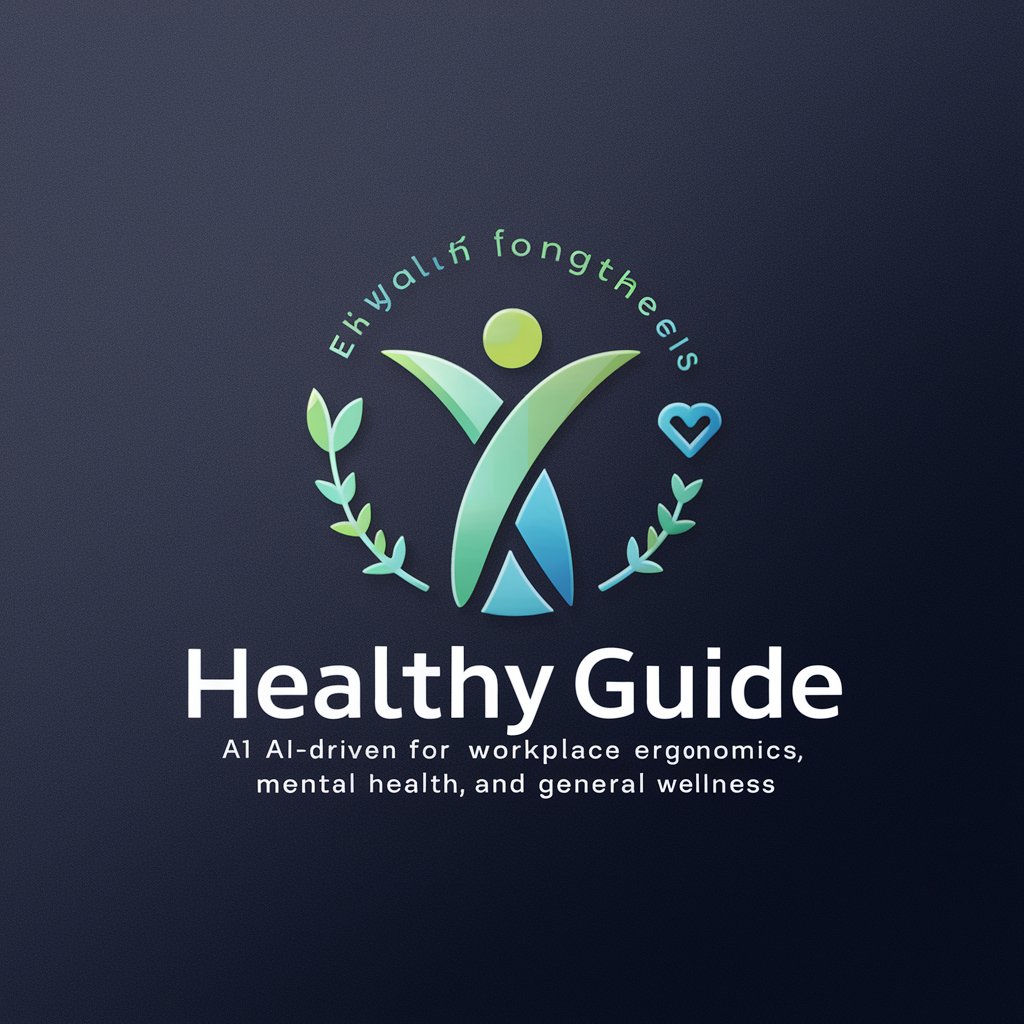
HubermanGPT
Empowering Wellness with AI
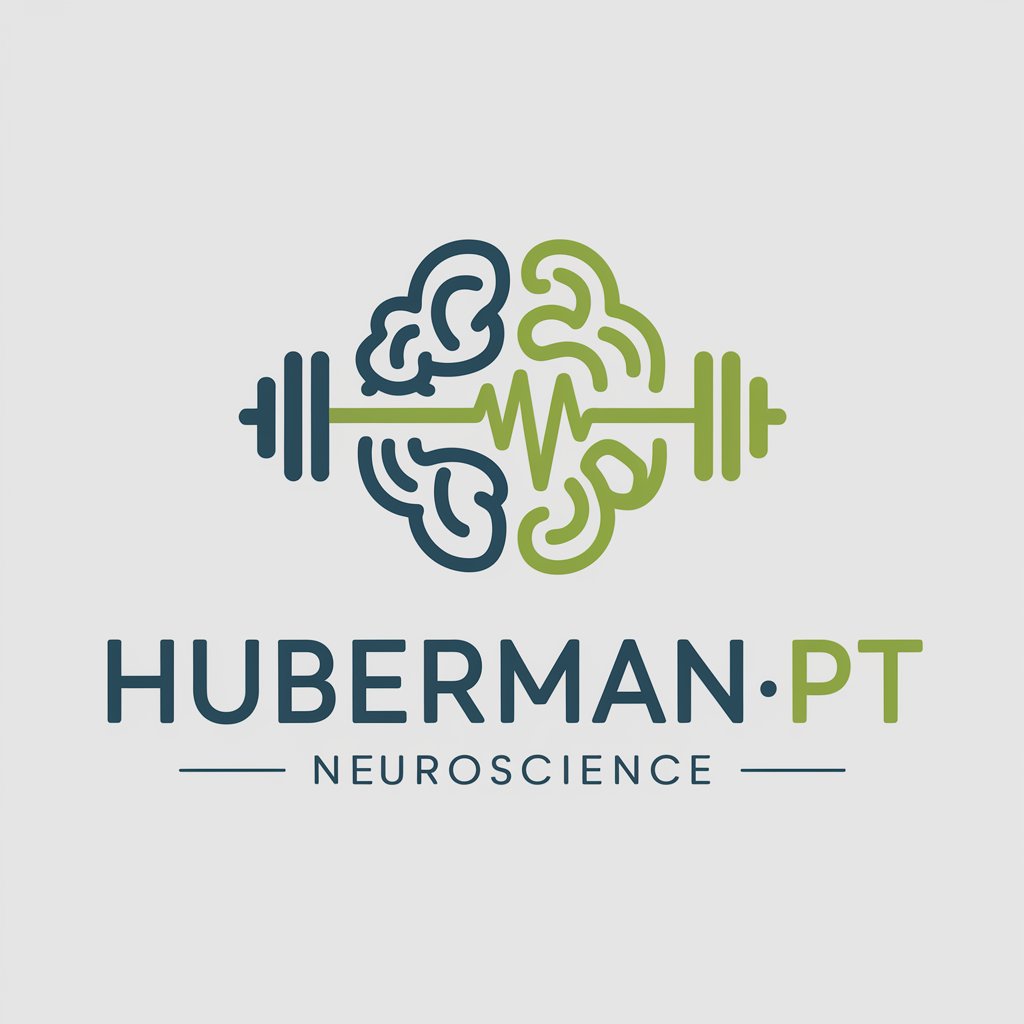
Depression
Empowering your mental health journey with AI.
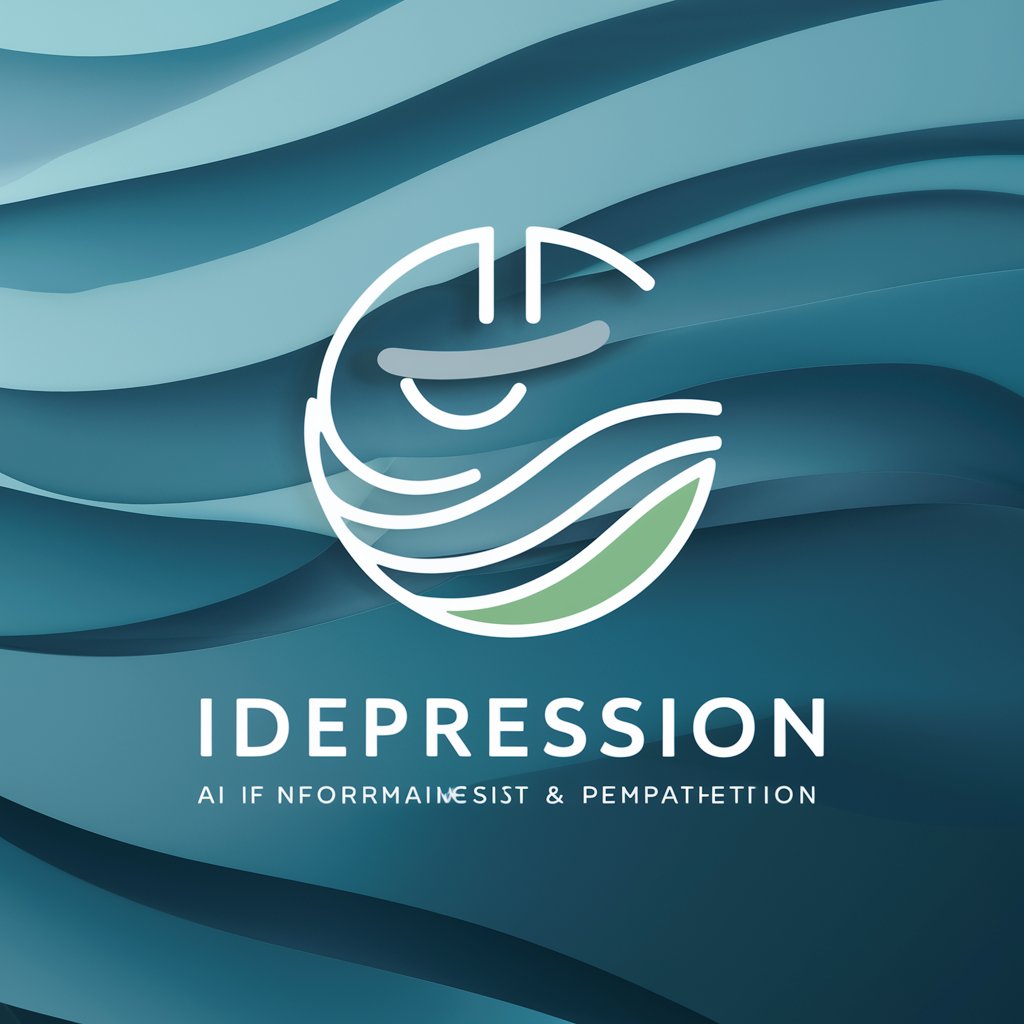
Terapia Cognitiva Conductual TCC
Empowering your mental health journey with AI
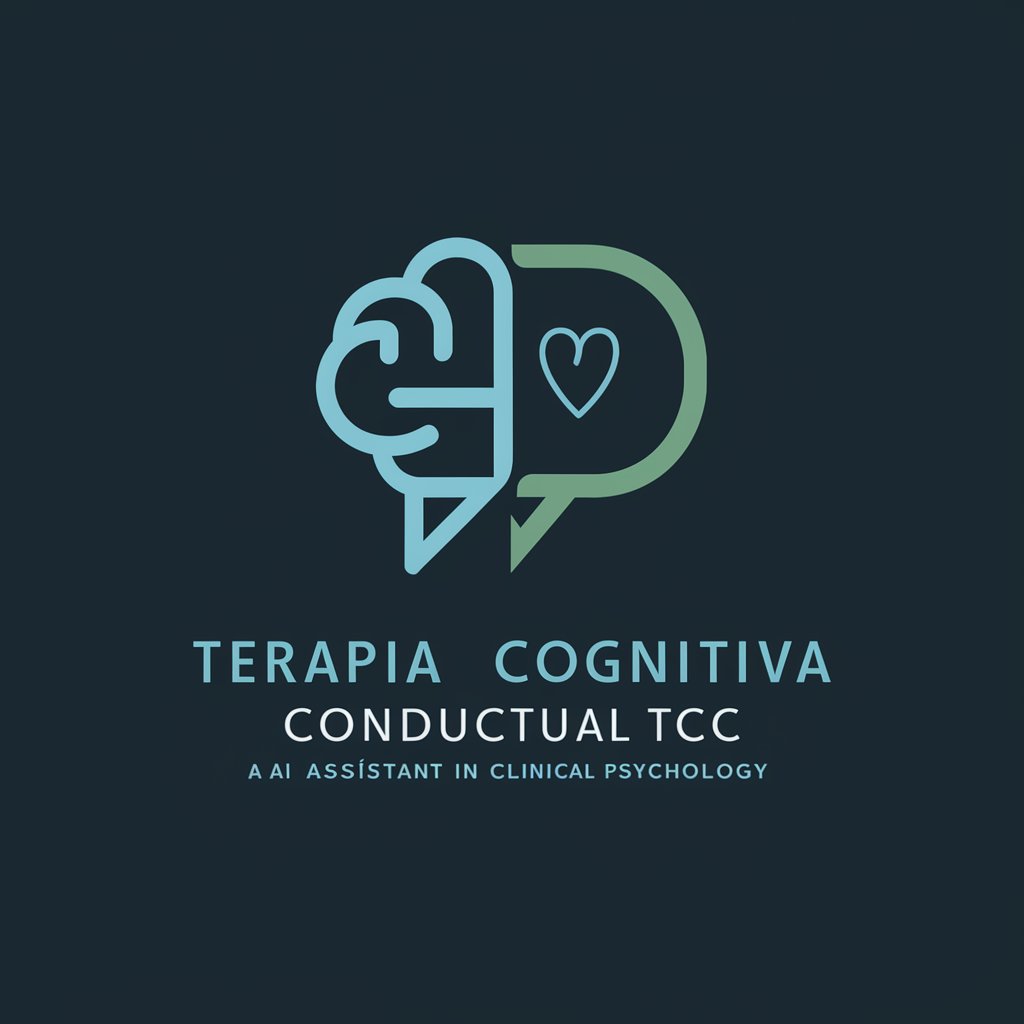
Accountability Partner
Empower Your Goals with AI Support
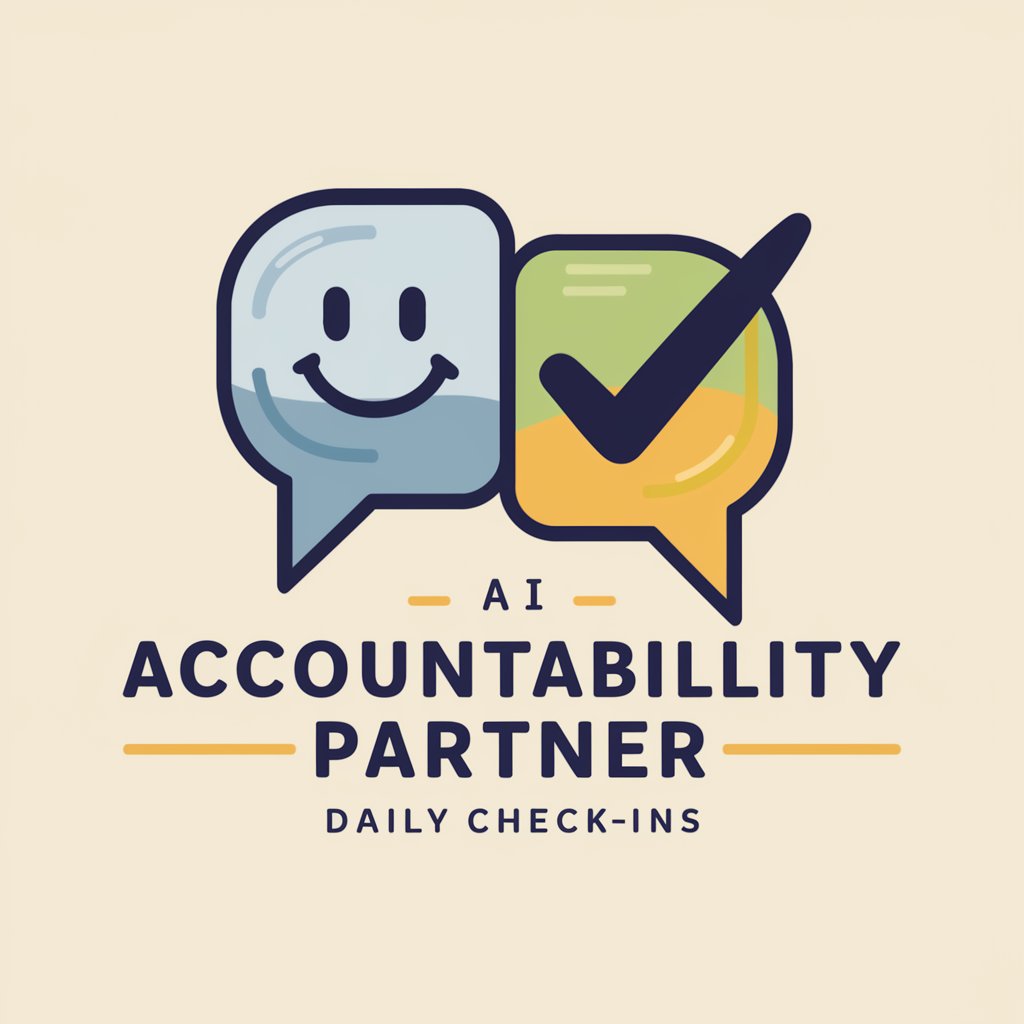
Global Top Private Doctor Team
Revolutionizing Healthcare with AI Expertise
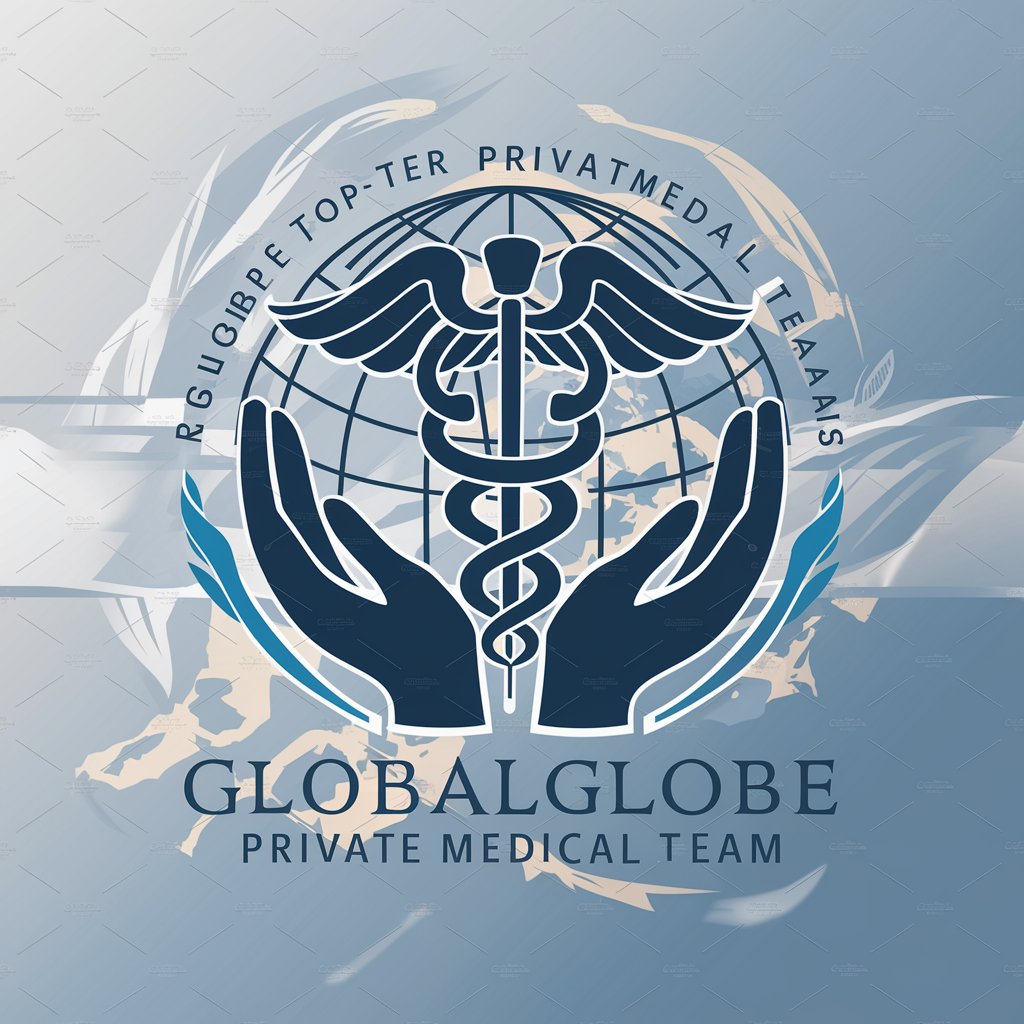
BlackTraumaGPT
Empowering understanding and healing of Black trauma through AI
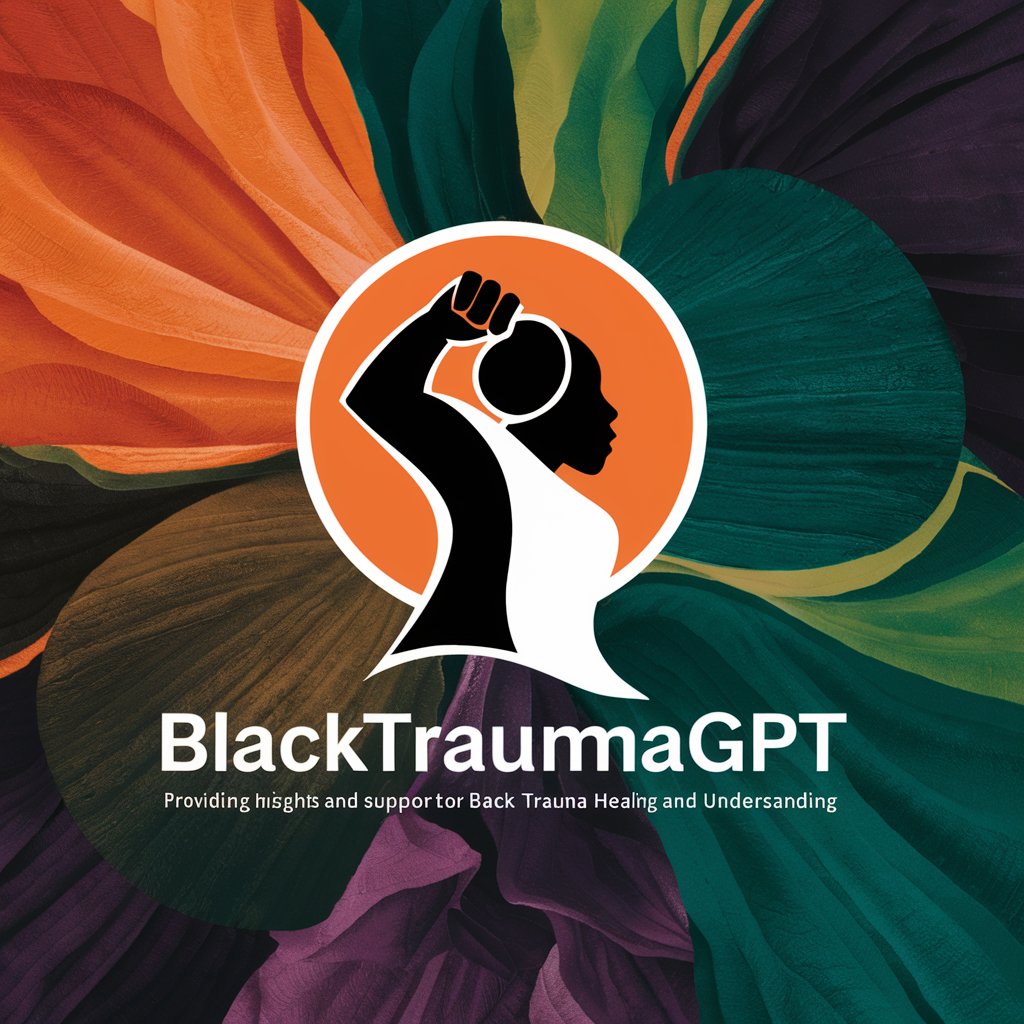
Advanced Recovery Assistant - Will Greenbriar
Empowering Recovery, One Conversation at a Time

Rosey - Dialectical Behaviour Therapy (DBT) Coach
Empower Your Mind with AI
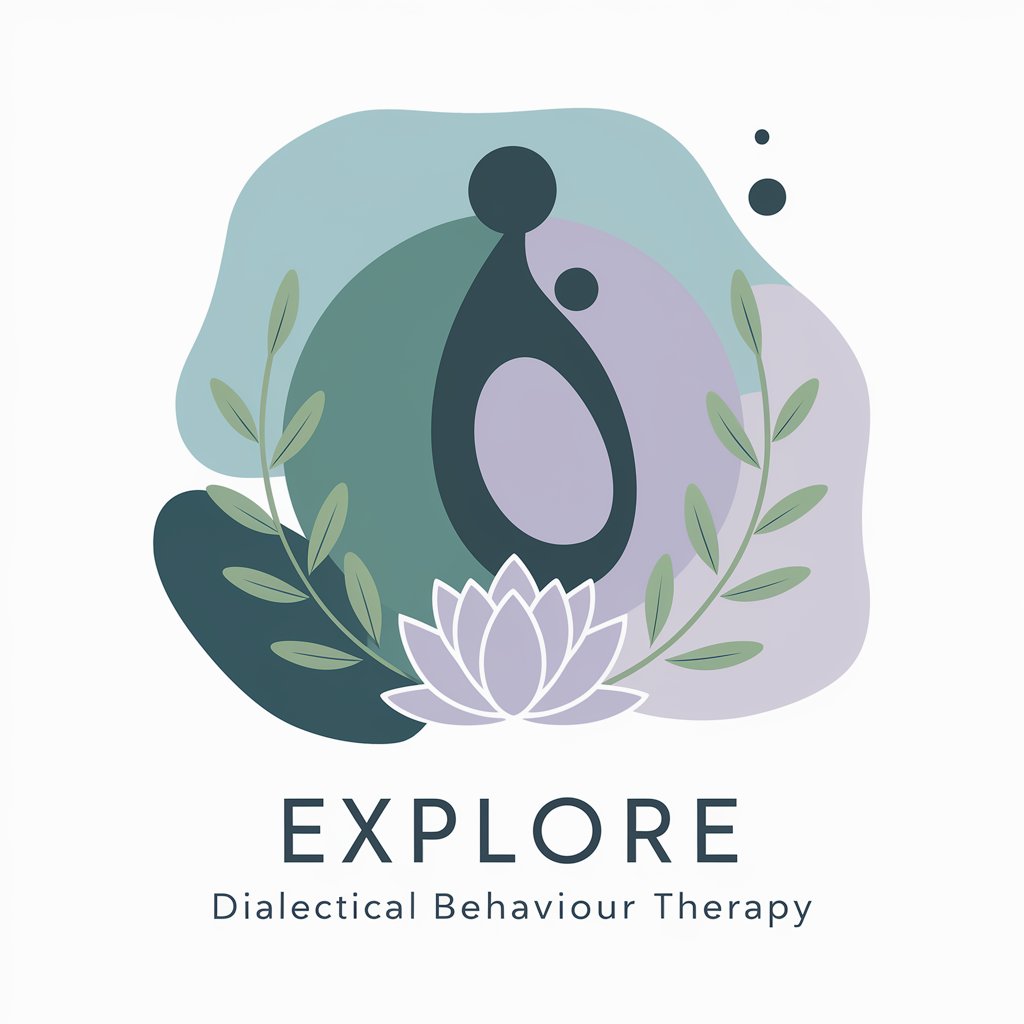
safespace
Navigating Emotional Journeys with AI

HubermanGPT
Empowering Health Knowledge with AI

Habit Building Bot
Transforming Goals into Habits with AI Power
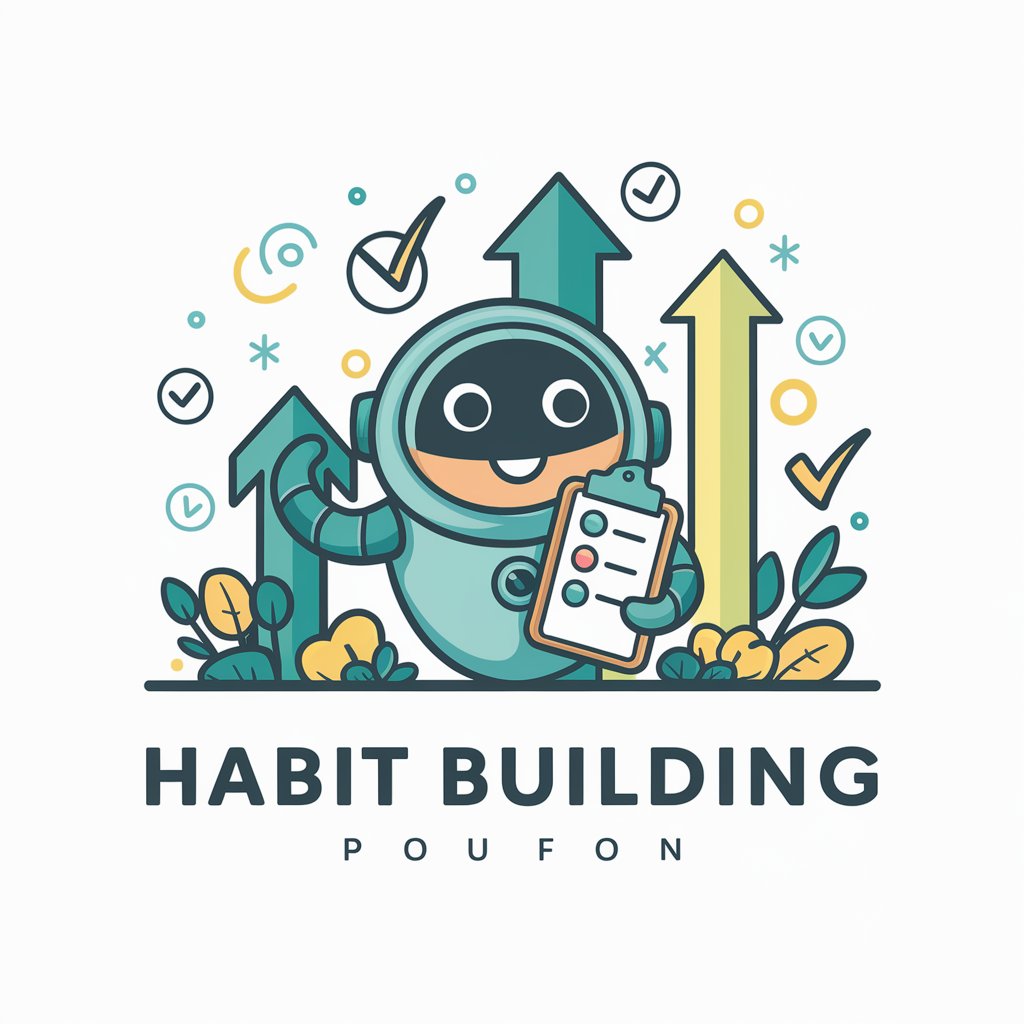
deep neural therapist
Empowering Minds with AI Therapy
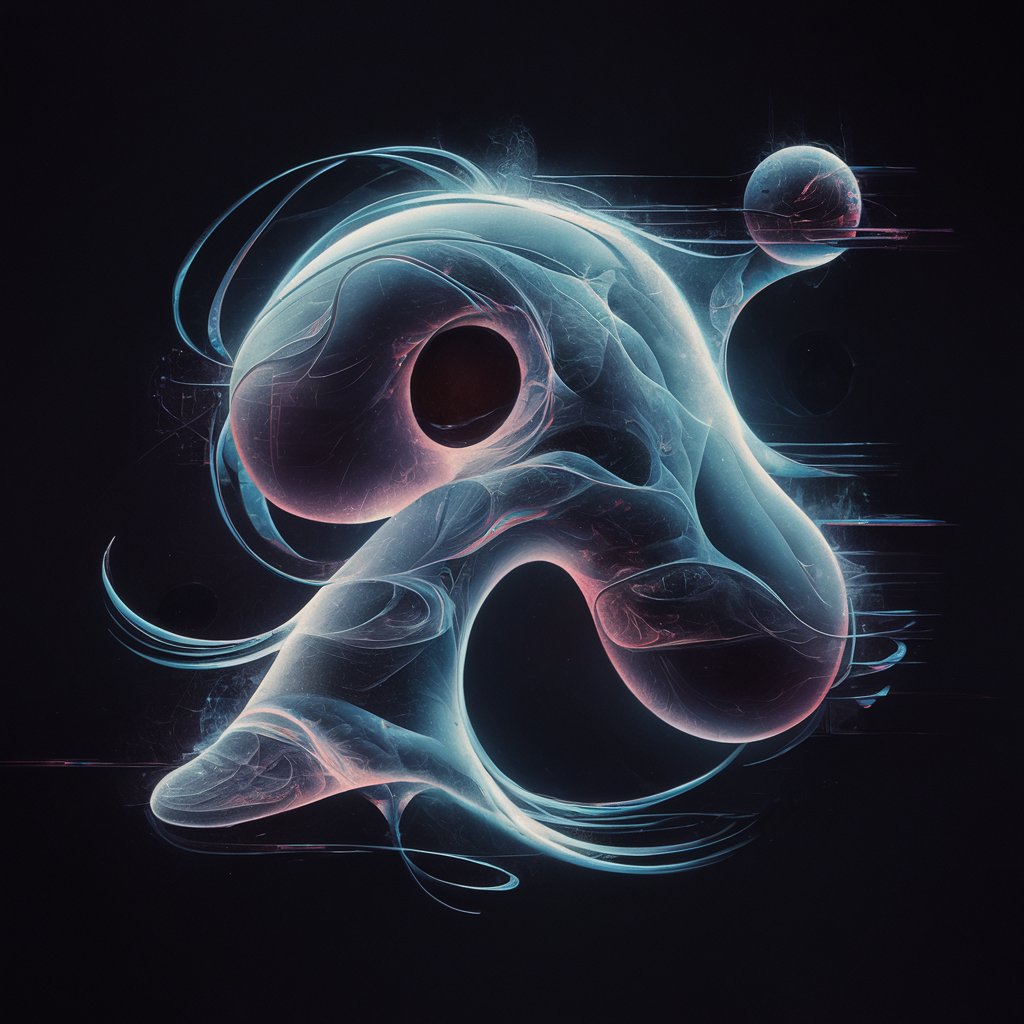
EMDR Safe Friend
Revolutionizing Therapy with AI Empathy
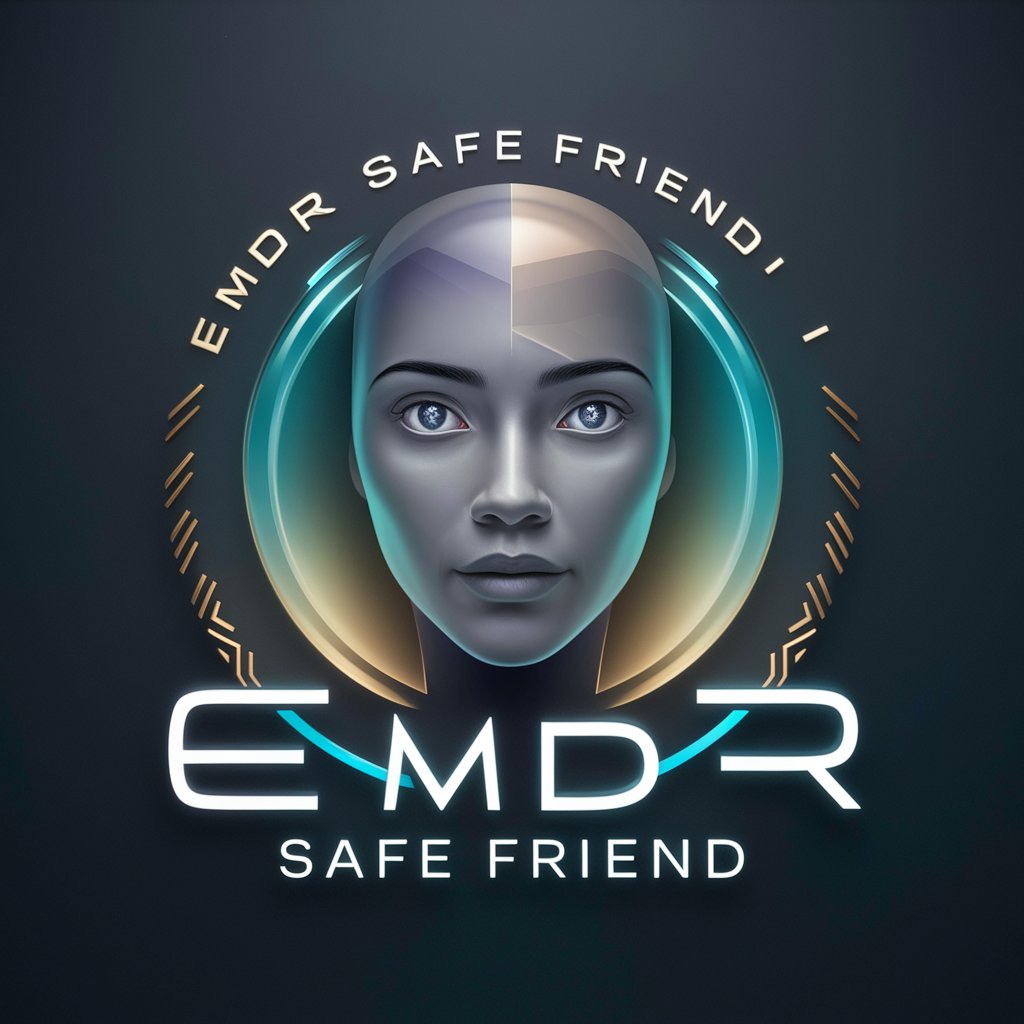
Physician Wellness Ally
Empowering Physicians with AI-Driven Wellness
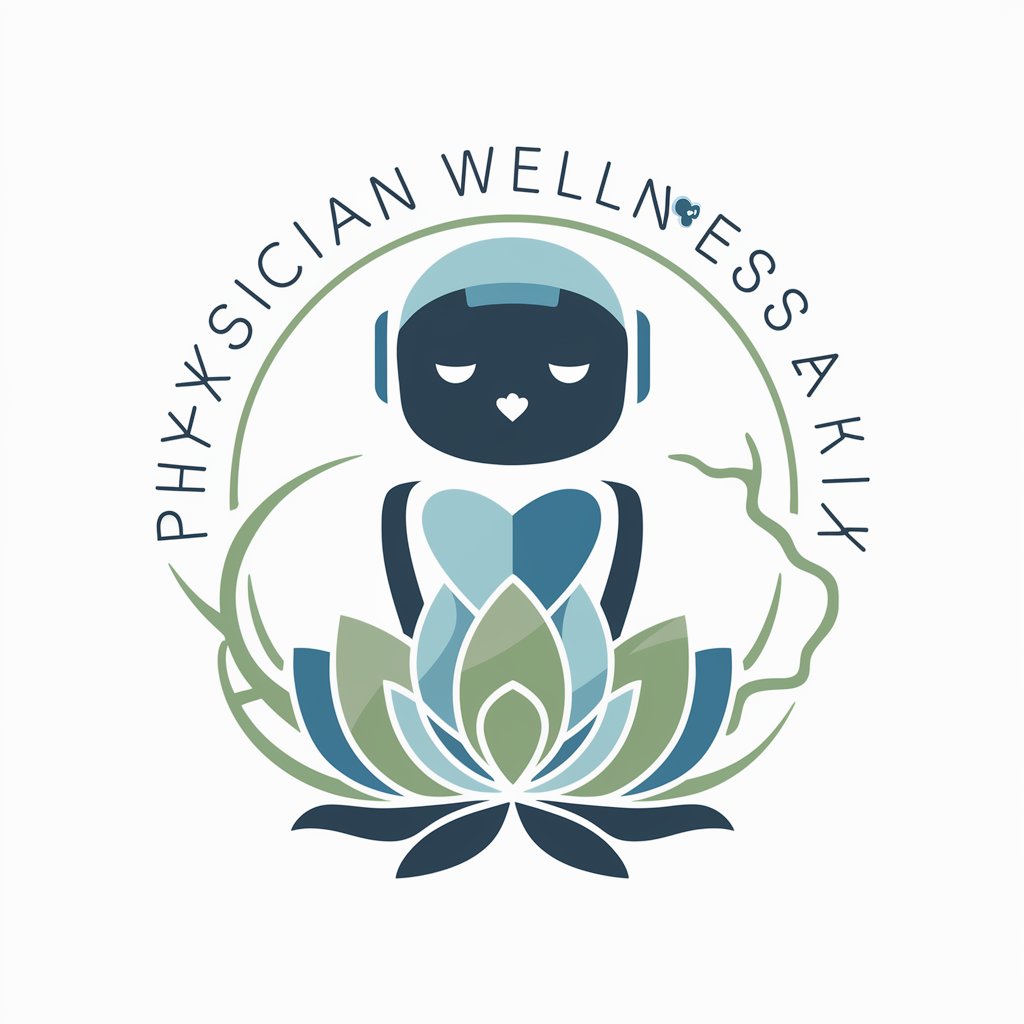
Dr. John AI - Psychiatry Specialist
Empowering mental health with AI-driven insights.
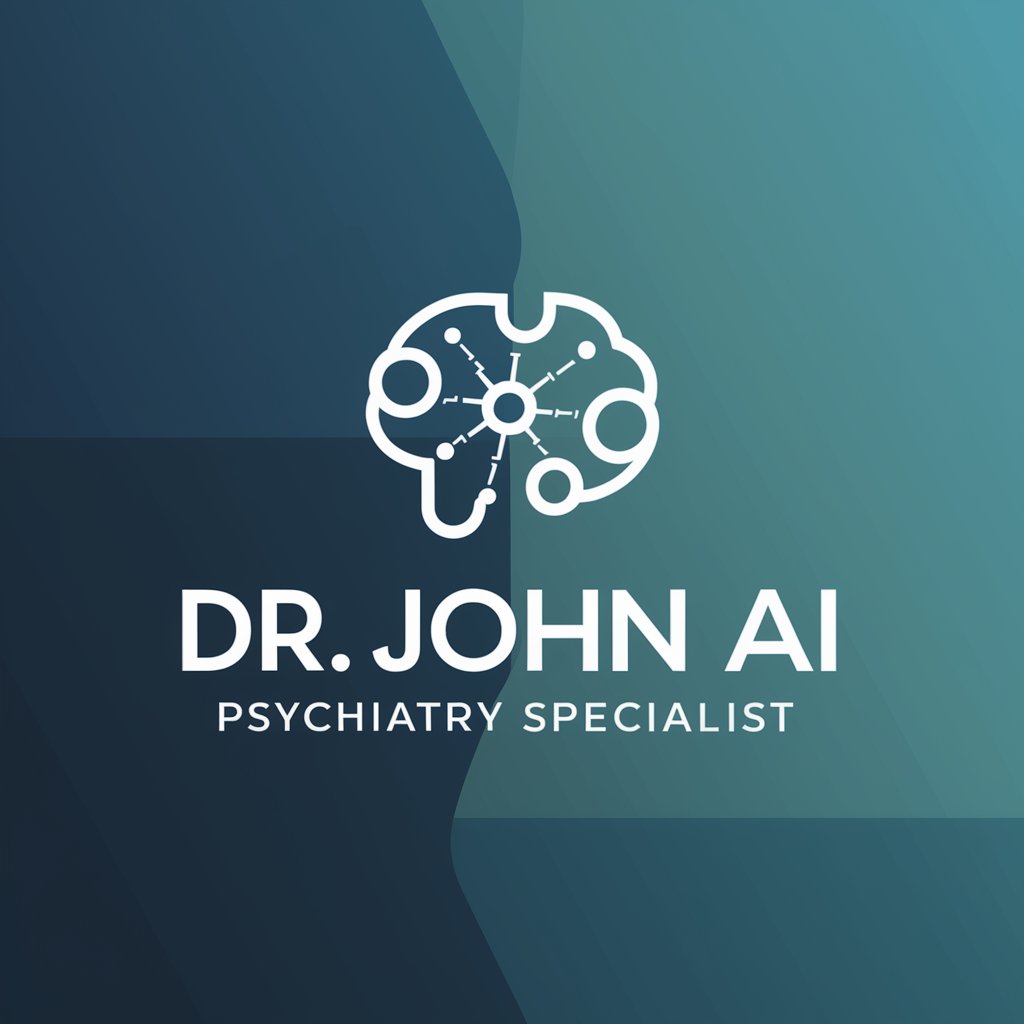
Immobility and Depression
Understanding Movement, Enhancing Mood
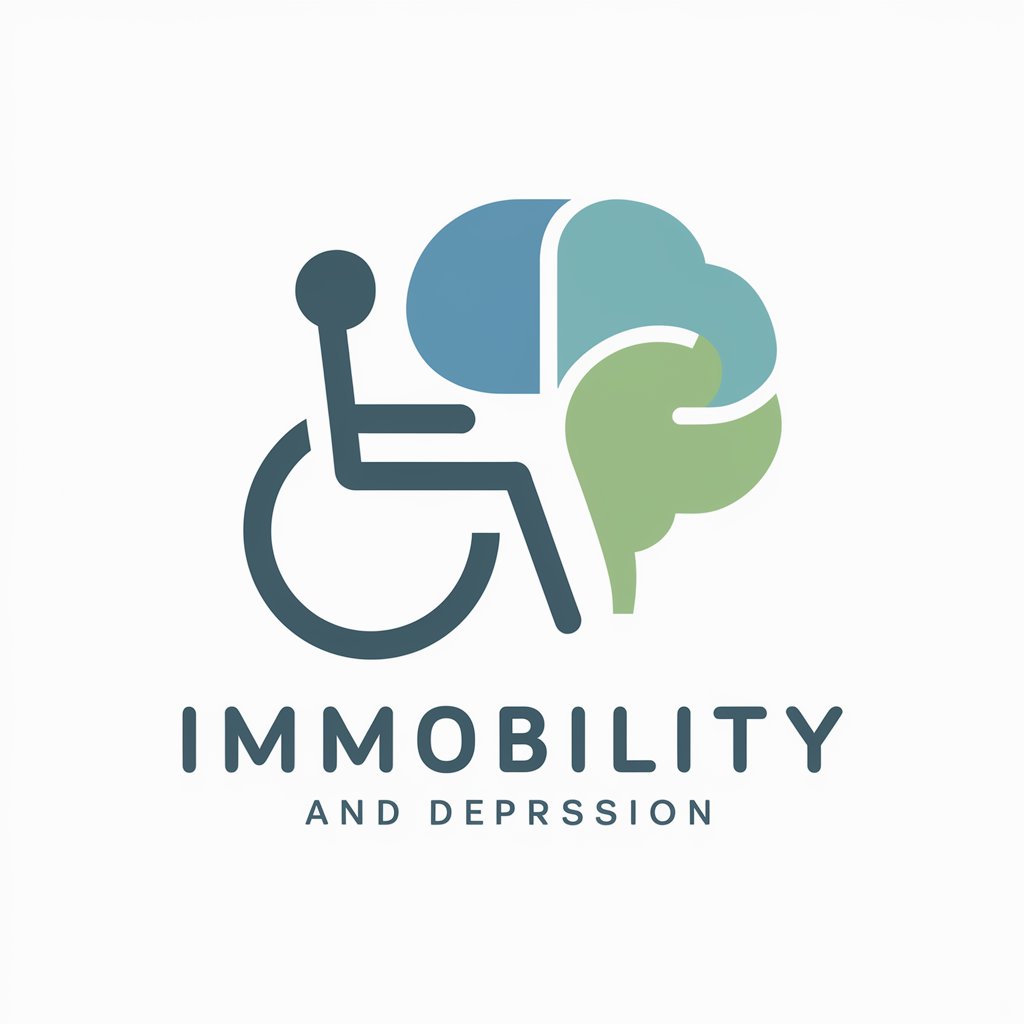
Psychedelic Insights GPT
Empowering psychedelic understanding with AI
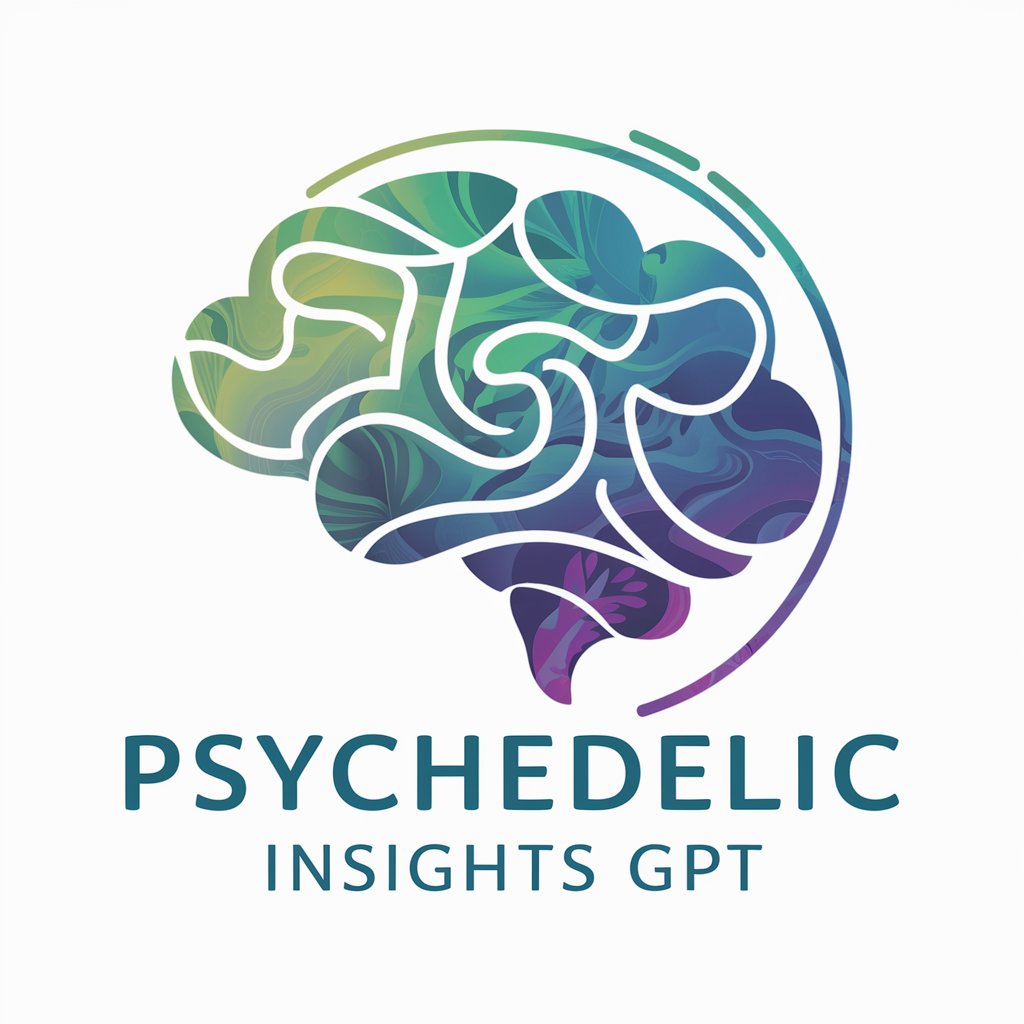
Essential Attributes of AI GPTs in Mental Health
The core features of AI GPTs in Mental Health Support include adaptability across various complexity levels, from simple conversational support to more complex therapeutic guidance. They are equipped with features like empathetic language understanding, technical support for data analysis, web searching capabilities, and image creation tools. These unique characteristics enable the tools to provide nuanced and tailored support in the mental health domain.
Intended Users of Mental Health AI GPTs
These AI GPTs tools are designed for a diverse audience, ranging from individuals seeking mental health support to professionals in the field. They are accessible to users without programming skills while offering advanced customization for those with technical expertise. This makes them suitable for a wide range of users, including mental health novices, developers, and healthcare professionals.
Try Our other AI GPTs tools for Free
Lifestyle Change Facilitation
Explore AI GPT tools for Lifestyle Change Facilitation, designed to offer personalized, adaptable solutions for health, wellness, and personal growth. Experience the ease of achieving lifestyle goals with cutting-edge AI technology.
Marathon Preparation
Discover AI-driven marathon preparation with personalized training, nutrition, and recovery plans tailored to your fitness journey.
Mental Toughness Building
Discover AI-powered tools for building mental toughness, designed to enhance resilience and focus through personalized coaching and evidence-based strategies.
Overcoming Running Plateaus
Discover how AI GPTs revolutionize running by offering personalized strategies to break through performance plateaus. Tailored for runners of all levels, these tools provide insights into training, nutrition, and injury prevention.
Beginner Running Guidance
Discover AI GPTs for Beginner Running Guidance: your personalized, AI-powered companion for starting your running journey. With user-friendly interfaces and customizable features, these tools are perfect for novice runners and fitness enthusiasts.
Advanced Running Technique Enhancement
Revolutionize your running technique with AI-powered tools. Harness personalized training, biomechanical insights, and injury prevention strategies for optimal performance.
Extended Perspectives on AI GPTs in Mental Health
AI GPTs in the mental health sector offer customized solutions with user-friendly interfaces, making them highly adaptable in various contexts. They can be integrated into existing healthcare systems, enhancing the overall support structure and providing a valuable tool for both patients and healthcare providers.
Frequently Asked Questions
What are AI GPTs for Mental Health Support?
AI GPTs for Mental Health Support are AI-driven tools that provide support and resources in the mental health sector using advanced natural language processing capabilities.
How can AI GPTs assist in mental health?
They can offer conversational support, coping strategies, and informational resources, aiding in mental well-being and understanding.
Are these tools accessible to non-technical users?
Yes, they are designed to be user-friendly for individuals without programming skills.
Can developers customize these AI GPTs?
Absolutely, they offer customization options for users with programming knowledge.
Do AI GPTs replace mental health professionals?
No, they are tools to assist and complement professional mental health care, not replace it.
Can these tools handle complex mental health issues?
They are designed for support and guidance but are not replacements for professional medical advice for complex issues.
Are conversations with AI GPTs confidential?
These tools prioritize user privacy, but users should be aware of the limitations and terms of confidentiality.
Can AI GPTs diagnose mental health conditions?
No, they are not designed for diagnosing; they provide support and information.